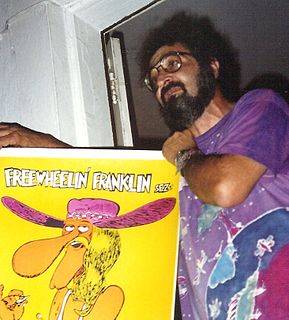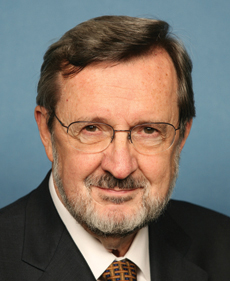A Quote by Leon Kass
An enormous amount of direct advertising from pharmaceutical companies are offering a kind of instantaneous solution to problems.
Related Quotes
Your solution for a customer has to be either amazingly valuable to someone who will pay an enormous amount of money for it or has to be valuable to an enormous number of people who pay a small amount. And also the person you're talking to-especially if you want to raise capital or raise support-has to personally say, "I want that. I like that. That sounds really great. I want that for myself."
Boxes and rectangles on the side or top of a website simply do not deliver against brand advertising goals. Like it or not, boxes and rectangles have for the most part become the province of direct response advertising, or brand advertising that pays, on average, as if it's driven by direct response metrics.
Since the 1920s, virtually all continuing medical and public health education is funded by pharmaceutical companies. In fact, today, the FDA can't even tell health scientists the truth about vaccine contaminants and their likely effects. The agency is bound and gagged by proprietary laws and non-disclosure agreements forced upon them by the pharmaceutical industry. Let us not forget that the pharmaceutical industry, as a special interest group, is the number one contributor to politicians on Capital Hill.




































